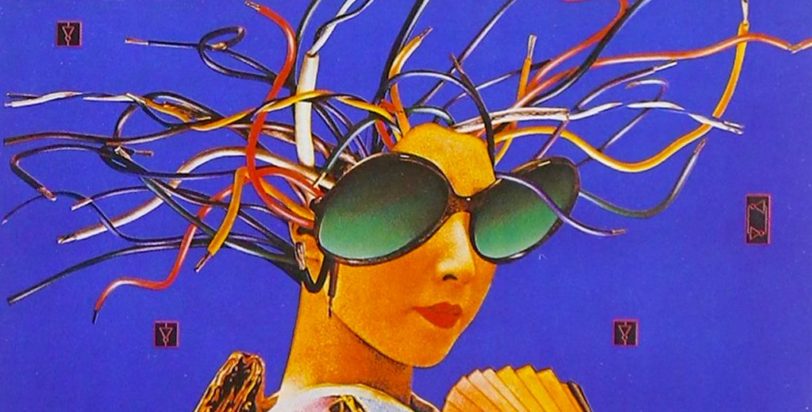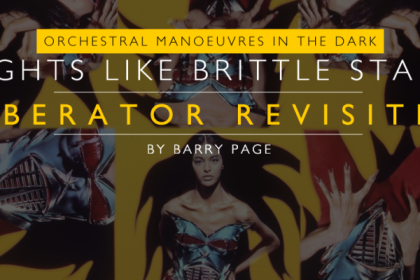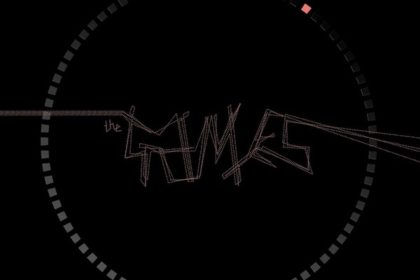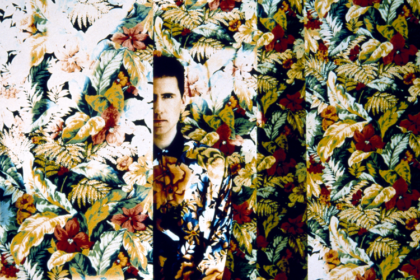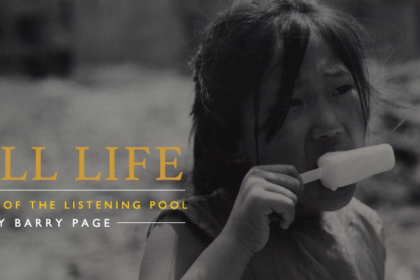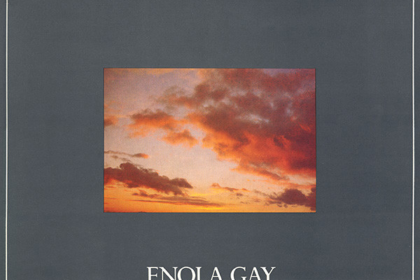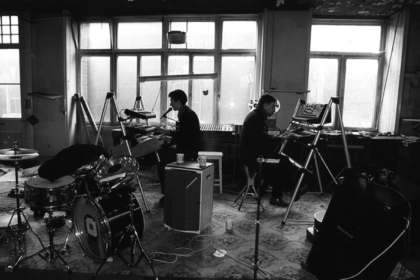OMD’s Pacific Age
With OMD celebrating their 40th Anniversary, it’s also perhaps an opportunity to appreciate the global appeal of the synth-pop pioneers. Japan is no stranger to the world of electronic music, a country which produced iconic technopop outfit Yellow Magic Orchestra (and continues to this day through the success of groups such as Perfume).
In a strange quirk of fate, one of the best-known OMD songs in Japan is ‘Enola Gay’, in particular because it was used as the theme song for a Japanese news show for many years. OMD also performed in Japan for the first time in 1984, on the back of the Junk Culture album.
One of Japan’s leading music publications, Record Collectors’ Magazine, was keen to celebrate YMO’ s own 40th anniversary (which coincides with OMD’s) and reached out to Andy McCluskey to answer some questions on his thoughts about YMO. At the same time, it offered a chance to explore OMD’s own extensive musical legacy for the benefit of Japanese fans. As a result, OMD featured in two issues of the magazine (we say ‘magazine’, but the publication has the weight and feel of a book). Not surprisingly, Andy cites Yellow Magic Orchestra’s debut album as his favourite release, with ‘Behind the Mask’ as his YMO song of choice.
Recalling OMD’s Japanese tour, Andy summed it up succinctly: “Visiting and playing in Japan for the first time was amazing! As lovers of all things new and technological, Tokyo seemed like being in the film Blade Runner. We were used to very loud audiences who danced a lot and the Japanese were more polite but we had been told to expect this. All we ate for a week was sushi. We were sick of the sight of fish by the end!”
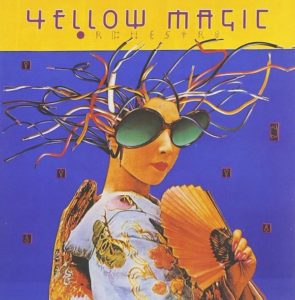
Yellow Magic Orchestra were formed in Tokyo in 1978 by Haruomi Hosono, Yukihiro Takahashi and Ryuichi Sakamoto. Similar to OMD, the outfit was considered as an experimental project outside of the musician’s other endeavours and their eponymous debut album was originally viewed as a one-off.
In fact, YMO delivered a sound that seemed to reflect both a primary colour pop culture and the emergence of electronic pop music at the latter end of the 1970s. Their single ‘Computer Game/Firecracker’, which employed distinctive Asian melodies combined with arcade game sounds (this was during a time when games such as Space Invaders had captured the imagination of the public), managed to be a chart hit in the UK in 1978.
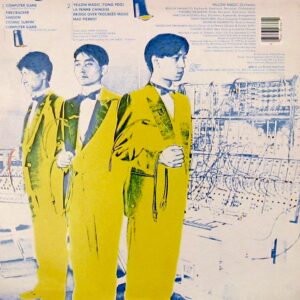
Some of the parallels between bands are also curiously similar. Like OMD, YMO broke up during the 1980s with each of the musicians pursuing separate musical ventures. Of all of them, Ryuichi Sakamoto’s name has probably made more of an impact in the west due to his collaborative work with people such as David Sylvian, Virginia Astley, David Byrne and Thomas Dolby.
Sakamoto also broadened his horizons with soundtrack work, which included the 1983 film Merry Christmas, Mr. Lawrence. The musician and composer continued scoring films into the 2000s, including the Leonardo DiCaprio-starring The Revenant (2015).
With a strong interest in activism, Sakamoto also organised the No Nukes initiative, which was conceived as a music festival with a strong anti-nuclear message (something which resonated in Japan in the wake of the devastating 2011 earthquake/tsunami). The No Nukes festival, which took place in 2012, also saw a reformed YMO performing with another group with an OMD connection – Kraftwerk. This marked the first time that the bands had been on the same bill for a live performance.
Asked about the legacy of both OMD and YMO and how they’re held in high esteem by a younger generation, Andy offers a philosophical comment: “There are always young people who look beyond the “mainstream” to find music that resonates with them in a different way. Something that feels more authentic and exploratory than just repeats of the current chart formula. I think OMD and YMO both did that. Young music listeners now are living in a post modern cultural era where there is no “new”, therefore there is no “out of fashion”. If a band has an interesting back catalogue and is credited with being inventive then they will keep finding a new audience.”
In the follow-up article, OMD’s history was given a much more in-depth analysis, with a feature-length article on the band as well as a look at the band’s lengthy discography. In the process of speaking to the magazine, some insights into some of OMD’s classic releases were revealed by Andy McCluskey.
Looking back on the band’s self-produced debut album, Andy describes OMITD’s sound as “naïve and rather charming”, which paved the way for working with Mike Howlett on Organisation (“We recognised that the first album sounded too amateur”).
In discussing OMD’s iconic Architecture & Morality, Andy muses over one of the album’s highpoints: “We could not believe that ‘Maid Of Orleans’ was such a big hit. It broke so many rules of “pop” music! It was nearly abandoned for the album as I originally did not think that it was working.”
OMD’s brief time in Japan back in 1984 also opened up some ideas for inspiration. “I had recorded hours of Japanese TV commercials on my Sony Professional Walkman when I had been there” recalls Andy, “The Walkman allowed me to easily capture these samples and then load them into the Fairlight. Each piece of technology opened another door. I was fascinated by the simple cheesy melodies and bright sounds, but I had now idea without the visuals just what I had recorded. It was just a lovely soundtrack from a mysterious new country that we could use to create new musical backing tracks.” These samples, of course, were later utilised on the title track for OMD’s 1985 album Crush.
Both OMD and YMO were common travellers on the emerging electronic music road. For this connection to be recognised by a Japanese music publication is perhaps a testament to the enduring legacy of both bands.
Messages extends its thanks to Miki Tayama and Record Collectors’ Magazine.

